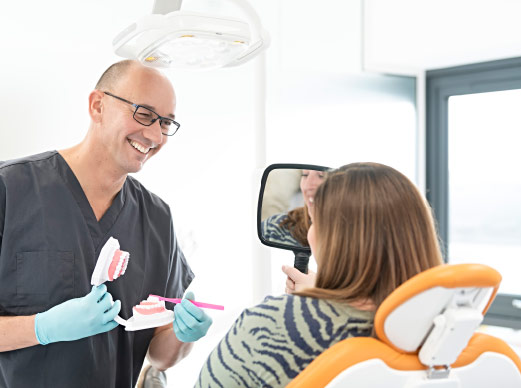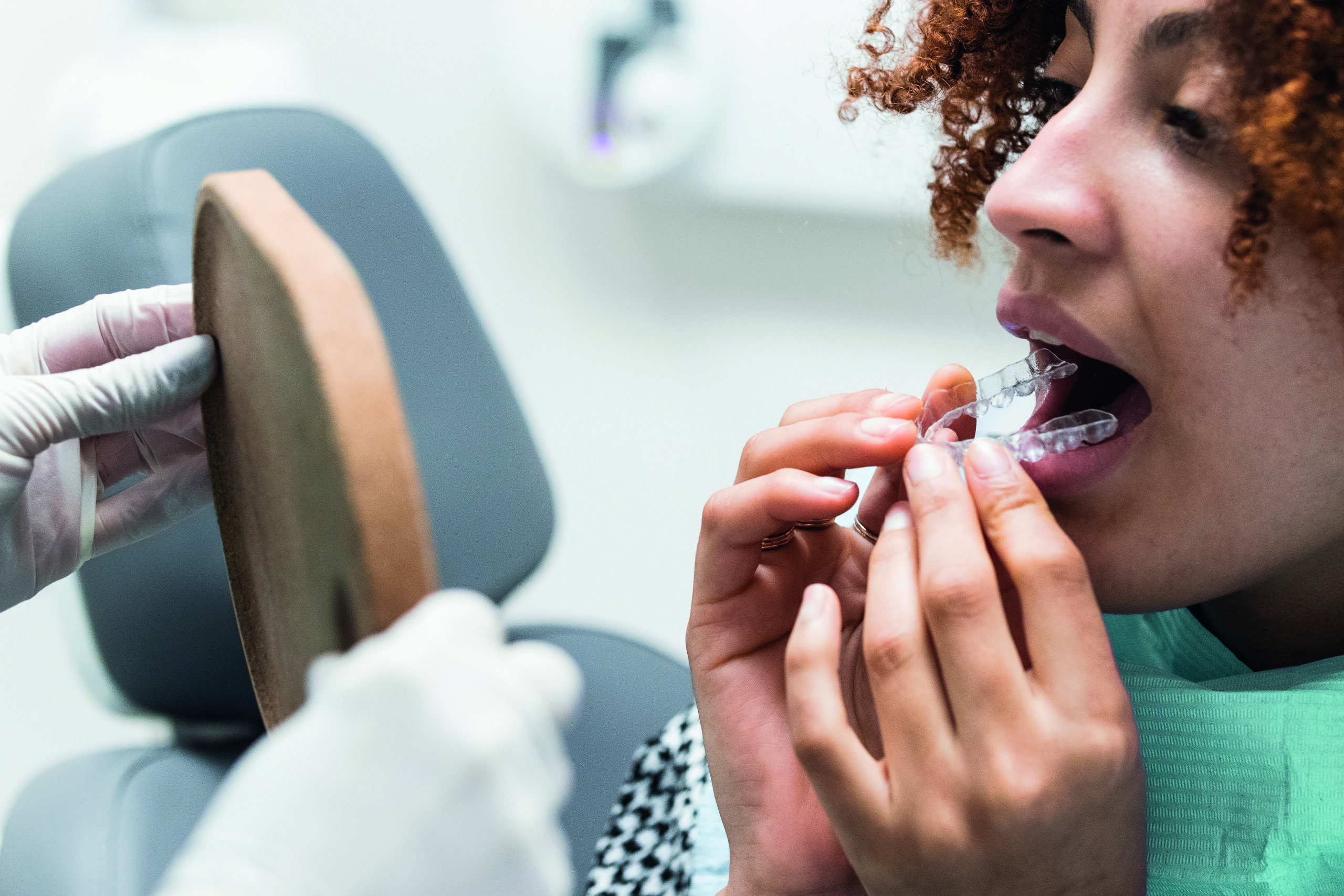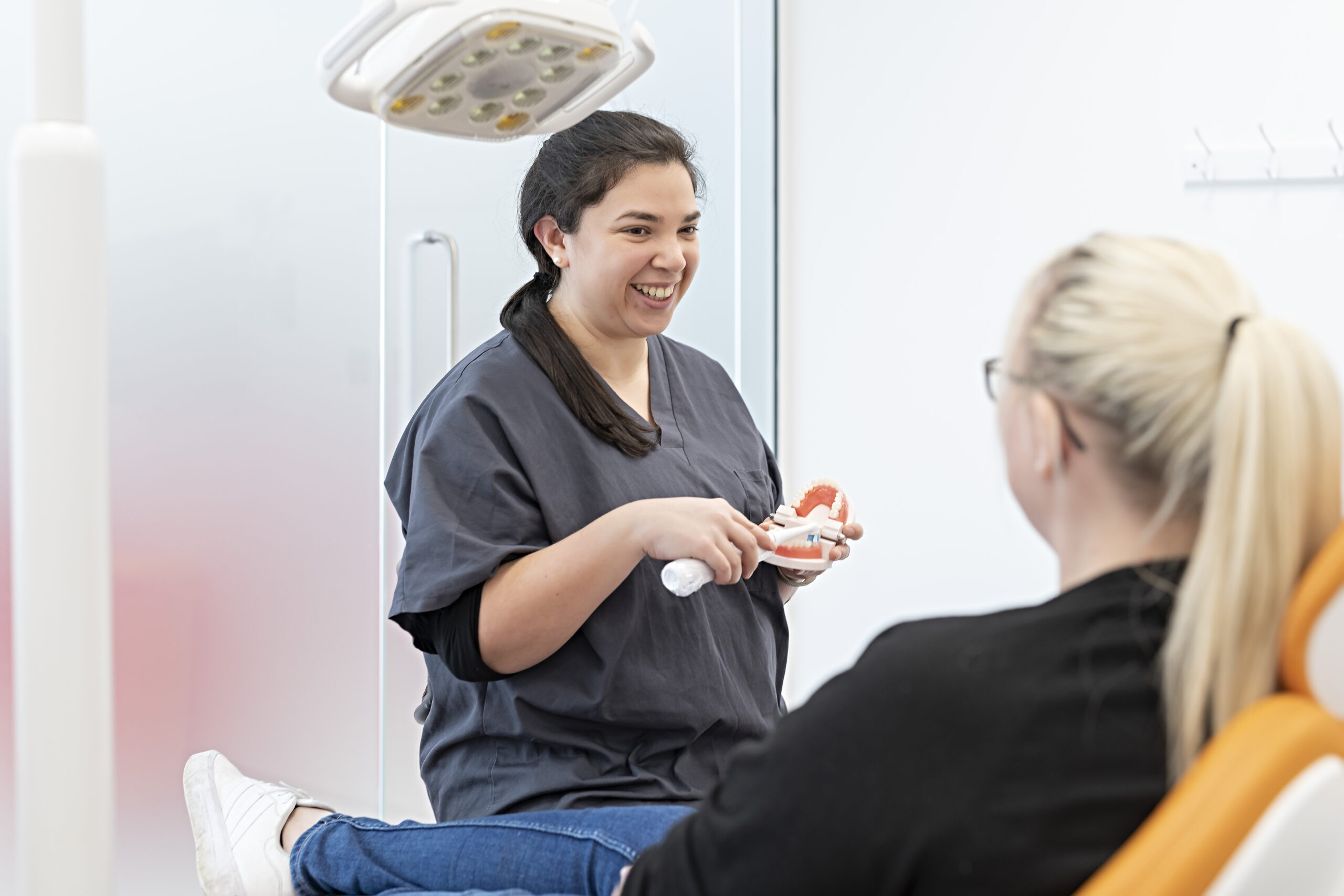It’s one of the most common questions we hear from patients: “Should I invest in an electric toothbrush, or is a manual one good enough?” The truth is, both can clean your teeth effectively if they’re used properly.
But there are some key differences that might make one a better choice for you than the other.
Manual Toothbrushes
Manual toothbrushes have been around for centuries, and for good reason – they work. With the right technique, you can keep your teeth and gums healthy without the need for anything fancy.
The advantages:
They’re inexpensive and easy to replace.
Lightweight and portable – you can pop one in your bag, glove compartment, or even keep a spare at work.
No charging or batteries to worry about.
Things to keep in mind:
Technique matters. You need to brush gently in small circular motions for at least two minutes. Many people either brush too hard or too quickly, which can lead to gum recession or plaque being left behind.
There’s no built-in timer or reminder, so it’s easy to cut corners without realising.
Electric Toothbrushes
Electric toothbrushes are designed to take the guesswork out of brushing. Most use oscillating or vibrating heads to do the work for you, and studies consistently show they remove more plaque than manual brushes.
The advantages:
Many come with built-in timers, so you know you’re brushing for the recommended two minutes.
Pressure sensors alert you if you’re pressing too hard, helping to protect your gums.
The rotating or sonic motion means less manual effort – you simply guide the brush head across your teeth.
Great for children, people with braces, or anyone with reduced dexterity in their hands or wrists.
Which One is Right for You?
The best toothbrush is the one you will use properly, twice a day, every day. If you’re confident with your technique and you like keeping things simple, a manual brush may suit you perfectly.
However, if you find it hard to keep up with the recommended two minutes, tend to brush too hard, or simply want an easier and more thorough clean, an electric toothbrush is usually the better choice.
It’s also worth thinking about your individual dental needs and always consulting with your dentist about what is right for you and your mouth. We can show you the correct technique and recommend the type of toothbrush that will suit your lifestyle and oral health best.


